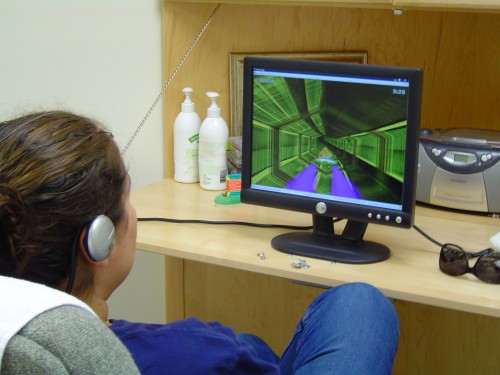According to former FDA commissioner, Dr. David Kessler, all mental illnesses are related. Revealed in his new book, Capture: A Theory of the Mind, Dr. Kessler explains that mental illnesses are misguided neuro-networks that keep firing in a maladaptive pattern in response to certain stimuli. This reactive pattern is often times caused by trauma, usually experienced in early childhood. He calls this ‘capture’. Medications only dampen the feeling produced. What must be done, according to Dr. Kessler, is that the maladaptive pattern needs to be replaced by a more positive pattern. How does one do this? Enter Neurofeedback, which helps rewire the brain, and psychotherapy, and Yoga and proper meditation. Even more effective is a combination of those! Hear more about ‘capture’ from Dr Kessler:
-
Recent Posts
Pages
 More about the Brain
More about the BrainRecent Comments

